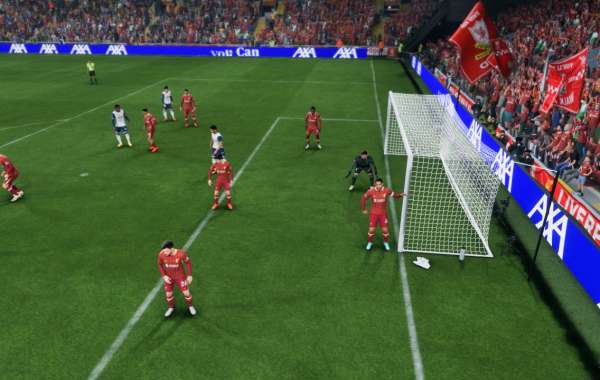Opposition is centered on the rarer stuff, with, say, an individual wheel blueprint costing 2300 Credits. You get extra Credits for buying in bulk: if you wanted those wheels, you'd need to shop for at the least 3,000 Credits for £19.23. That's presuming that particular Blueprint had dropped for you, otherwise you'd managed to trade for it on an outside web site.
Under the old, acquainted gadget, crates containing random objects inside a certain organization could drop as you performed. You'd want to shop for keys to RL Prices release them, which worked out to 80p every whilst bought in bulk. Nowadays, precise blueprints drop as you play, and can be built with Credits, Rocket League's new in-sport forex. Player's leftover keys have been transformed to one hundred Credits a pop, or a bit extra if gamers had extra than 9 lying round.
That is an excessive amount of cash for faux wheels. I struggle to look how each person should extract £15 of price from them, while that money could purchase you more than one indie games or a ceremonial dinner of fancy sausages. Prices in wellknown need to be decrease, and with a bit of luck could be. But whether or not that is a worse deal than gambling with keys relies upon on what you care approximately: accruing many gadgets you weren't after at the same time as shopping for an arbitrary quantity of keys in pursuit of a coveted item, or guaranteeing you get some thing unique.
I don't like pitting the economic value of each LOLGA structures in opposition to each different, as it distracts from the way they're each sincerely bad deals. This new device replaces the ambiguous charm of a poor fee loot container with the understanding of a bad value Blueprint. The primary distinction is that the modern-day price proposition doesn't trick humans's brains into wondering they're getting a better deal than they're, that is multiplied to the utmost importance whilst some human beings's brains get tricked genuinely badly.








